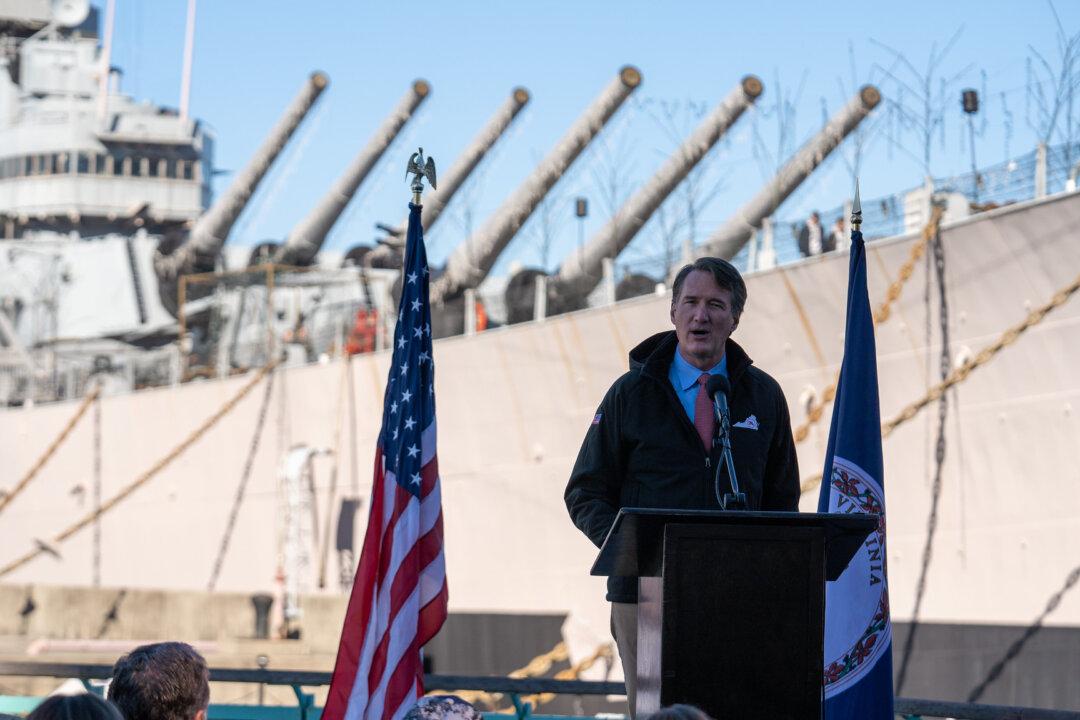Republican Gov. Glenn Youngkin’s removal of Virginia from consideration for Ford Motor Co.’s new battery plant has come under fire from Democrats, who say that the factory would have created many jobs in the state while questioning whether the national security concern over the automaker’s China-based partner was legitimate.
State Del. David Reid (D-Loudoun County), a former Navy intelligence officer, said in the House of Delegates on Jan. 17 that “no one in the intel community has ever even remotely implied that Ford was a front company for the Chinese.” He also criticized the governor for not delivering on the bipartisan goals of “bringing good-paying jobs and economic development to Virginia.”



